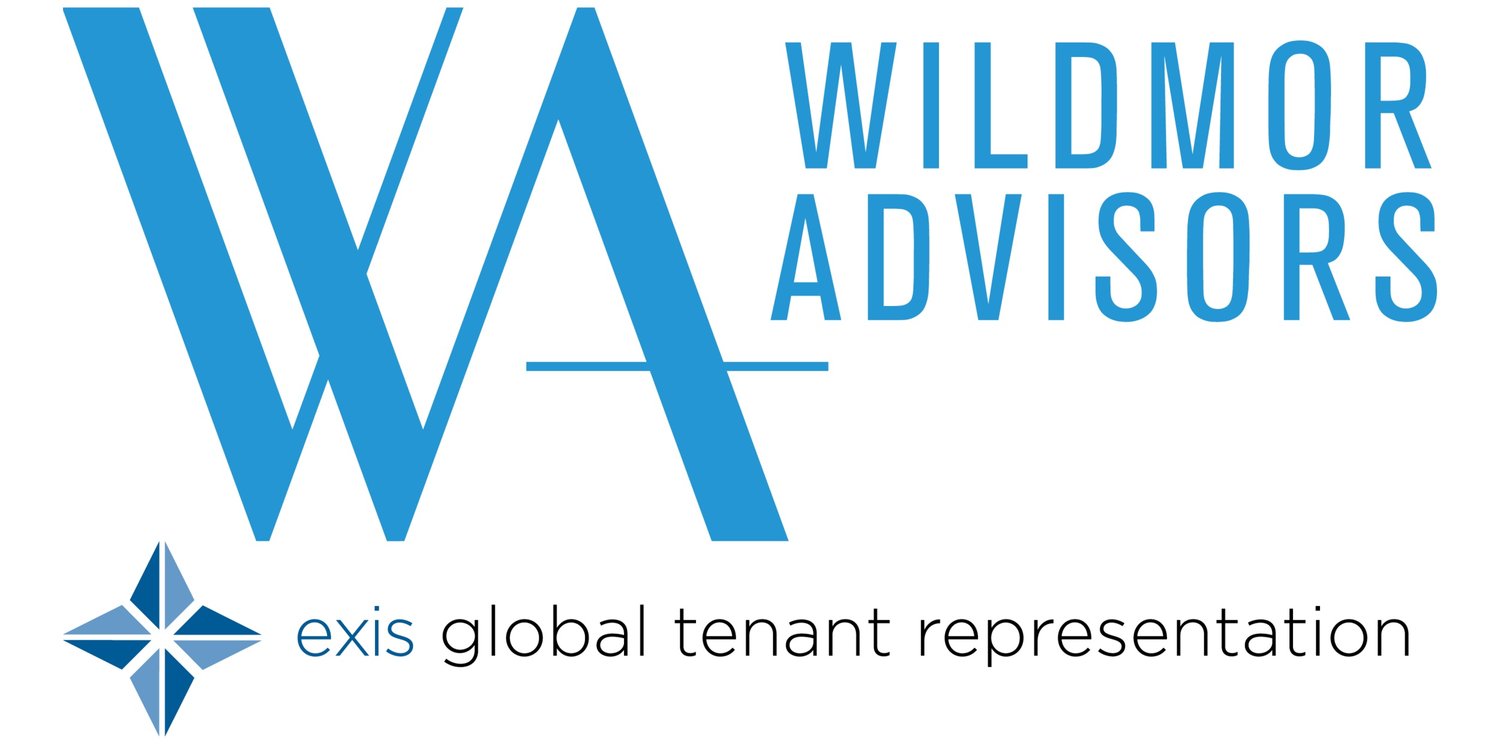Industrial building rental rates are a complex topic that has been extensively covered in numerous publications over the years. However, there are still some unique angles and perspectives to explore that have not been fully addressed. In this blog, we will take a fresh look at industrial building rental rates, exploring some of the lesser-known factors that can affect pricing and offering insights on how businesses can negotiate the best deals.
Location Matters, But Not in the Way You Might Think
It is common knowledge that location is one of the most significant factors influencing industrial building rental rates. Buildings located in prime locations, such as near major transportation hubs or in high-demand industrial areas, often command premium pricing. However, what many businesses fail to consider is that the exact location within a building can also impact rental rates.
For instance, spaces that are situated near loading docks or elevators may be more expensive than those located further away. This is because these spaces offer greater convenience and accessibility, making them more desirable to businesses that rely heavily on shipping and receiving. As such, it's essential to consider not just the building's overall location, but also the location within the building when negotiating rental rates.
Lease Length Can Affect Pricing
The length of your lease can also impact industrial building rental rates. In general, landlords prefer longer lease terms, as they offer more stability and predictability. As such, they may be willing to offer more favorable rates to businesses that sign longer leases.
Conversely, businesses that only need space for a short-term project or are uncertain about their future needs may end up paying a premium for a short-term lease. It's essential to consider your long-term business goals when negotiating rental rates and explore whether a longer lease term may be more cost-effective in the long run.
Negotiating Can Save You Money
Finally, it's worth noting that industrial building rental rates are not set in stone. Businesses that are willing to negotiate with landlords may be able to secure more favorable rates. This is especially true in today's market, where many landlords are struggling to fill vacancies due to the pandemic's impact on the economy.
When negotiating, it's essential to have a clear understanding of your needs and budget, as well as the current market rates for comparable spaces. This will enable you to make a compelling case to landlords and potentially secure a better deal. Hiring a broker to do this on your behalf is the safest way to ensure a fair deal as this is their expertise.
In conclusion, industrial building rental rates are a complex topic with many factors to consider. By understanding the lesser-known factors that can impact pricing, such as location within a building and lease length, and being willing to negotiate, businesses can secure the best possible rates for their needs.




